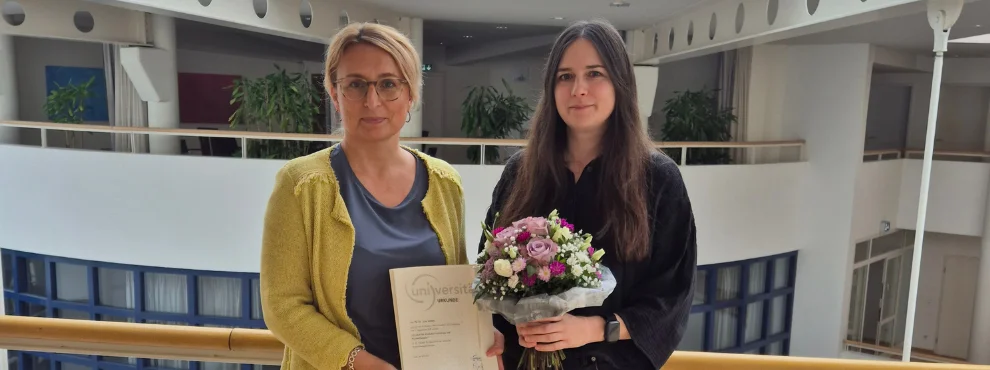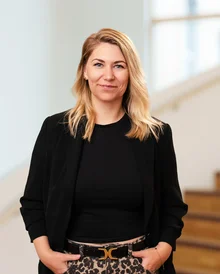How psychological research helps women with low sexual desire
Prof. Dr. Julia Velten has been appointed to the Chair of Clinical Psychology and Psychotherapy I at Witten/Herdecke University.

Why is it so difficult to talk about sexuality - especially when problems arise? Prof Dr Julia Velten is investigating this question. She was appointed to the Chair of Clinical Psychology and Psychotherapy I at Witten/Herdecke University (UW/H). One focus of her research is sexual dysfunction in women. "Many sufferers suffer in silence - out of shame, insecurity or because they don't even know that there are effective treatment options," explains Velten.
Therapy instead of taboo: ways out of sexual reluctance
The spectrum ranges from a reduced desire to pain during sexual intercourse. Unlike men, for whom pharmacological treatment options such as Viagra or Cialis are available, there are hardly any comparable approaches for women. "That's why we rely on psychological methods - such as cognitive behavioural therapy or mindfulness-based methods. They help women to become more aware of their bodies and experience their sexuality in a positive way," says Velten.
She is also developing digital services that those affected can use anonymously. This form of self-help is intended to break down barriers. A new digital service for women with sexual reluctance and co-occurring depression is currently being planned and will be available next year as part of a scientific study. "Although many people would like to talk to their doctor about sexuality, there is often a lack of time or openness on the part of those treating them. We want to break new ground here."
Inspiring students for research
Another of Prof. Dr Julia Velten's research specialisations begins even before the actual therapy: at the diagnosis stage. She is investigating how sexual dysfunctions can be reliably identified and how they relate to psychological stress, such as depression or anxiety. Here, Velten works with interview guidelines, which will also be expanded for men in the future.
In teaching, she is active in all clinical courses in the Bachelor's and Master's degree programmes in psychology, as well as in further training in psychotherapy. She prepares students specifically for the licence to practise. A particular concern: Awakening enthusiasm for scientific work and accompanying young talents on their path to research: "I want students to learn to work with professional excellence - and at the same time see how important it is for a successful career to be able to combine family and appointment."
Photos for download
Contact person

Svenja Malessa
Press Officer
Administration | Communication & Marketing
Alfred-Herrhausen-Straße 48
58455 Witten
Room number: 2.F05
